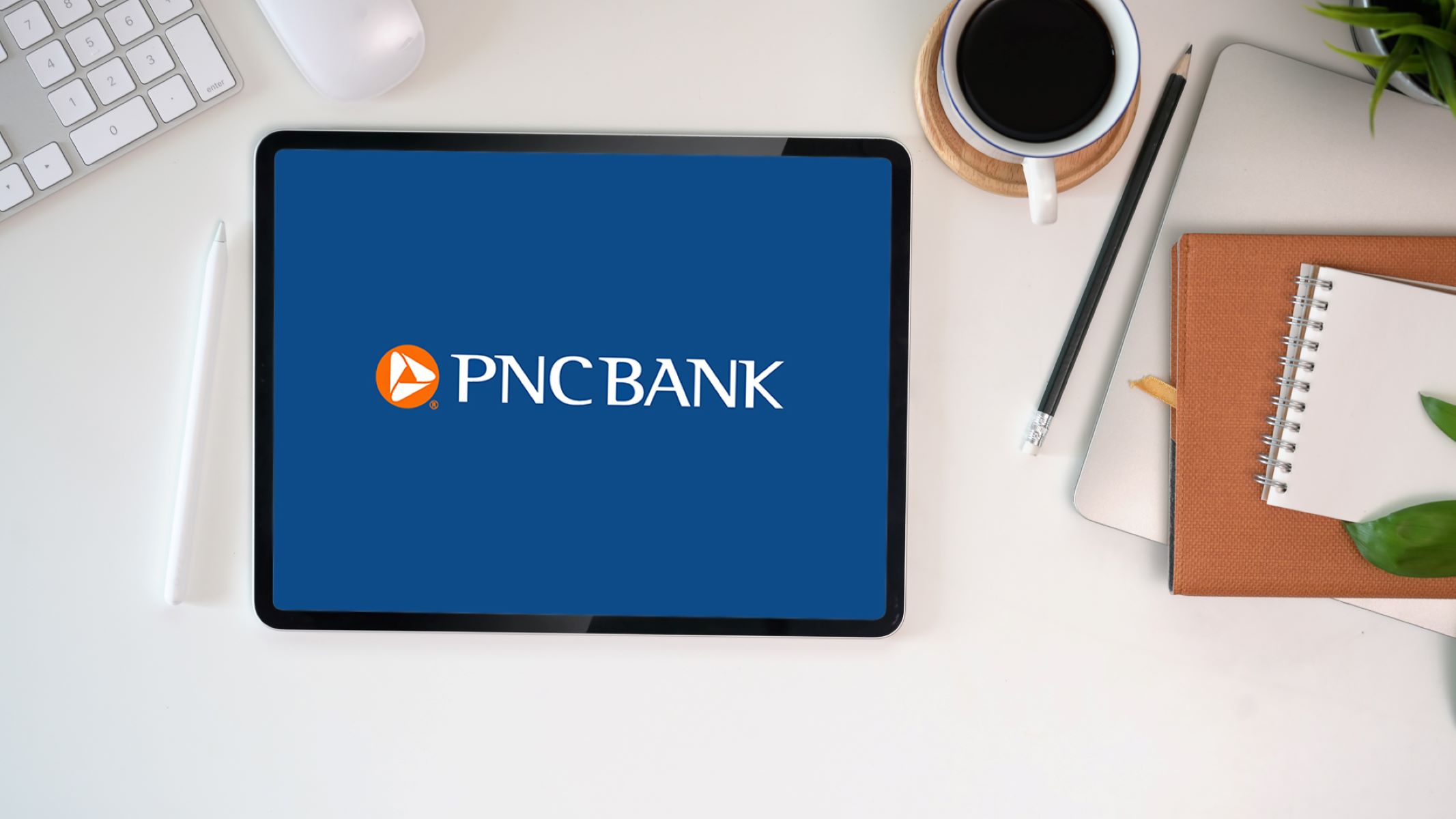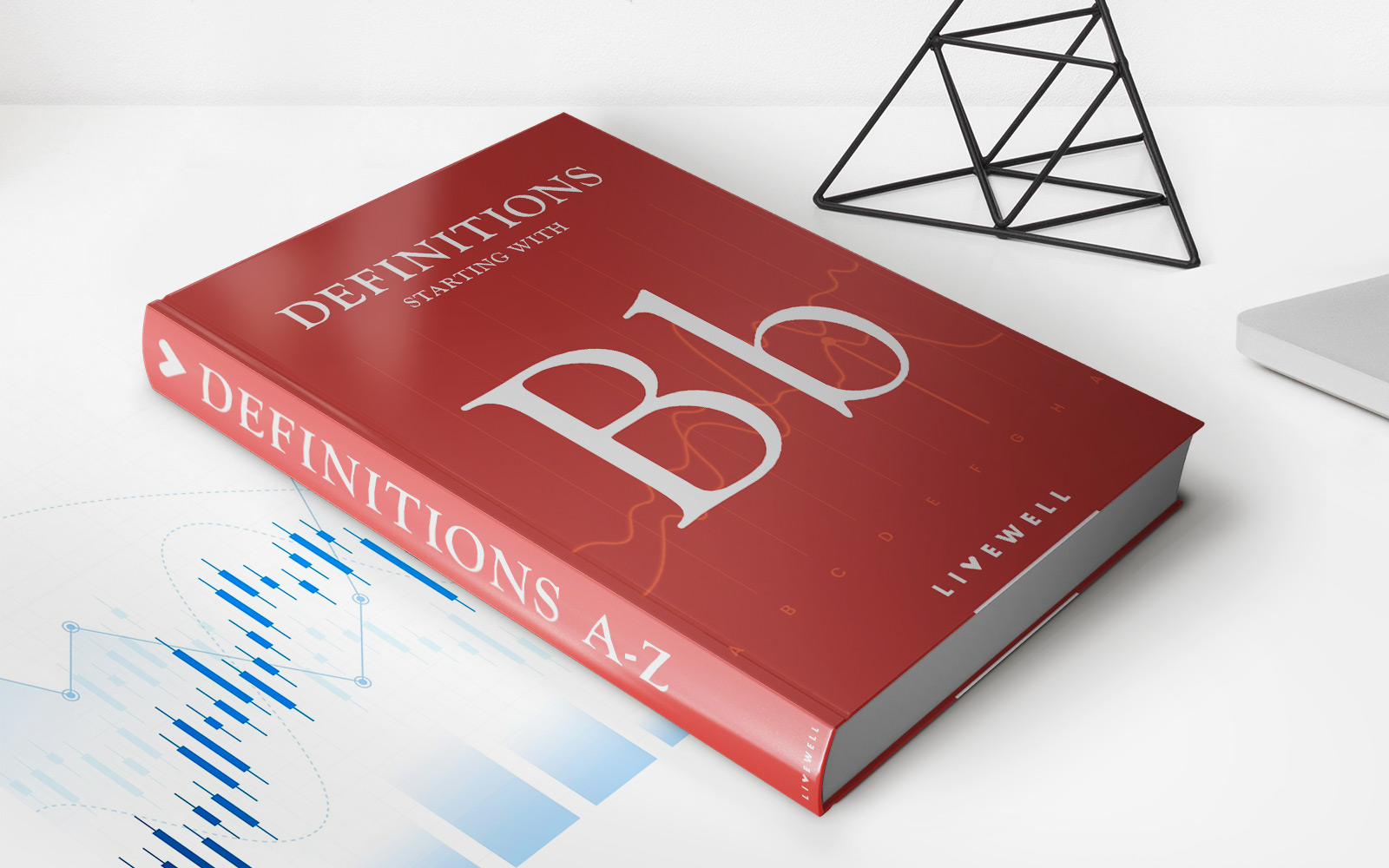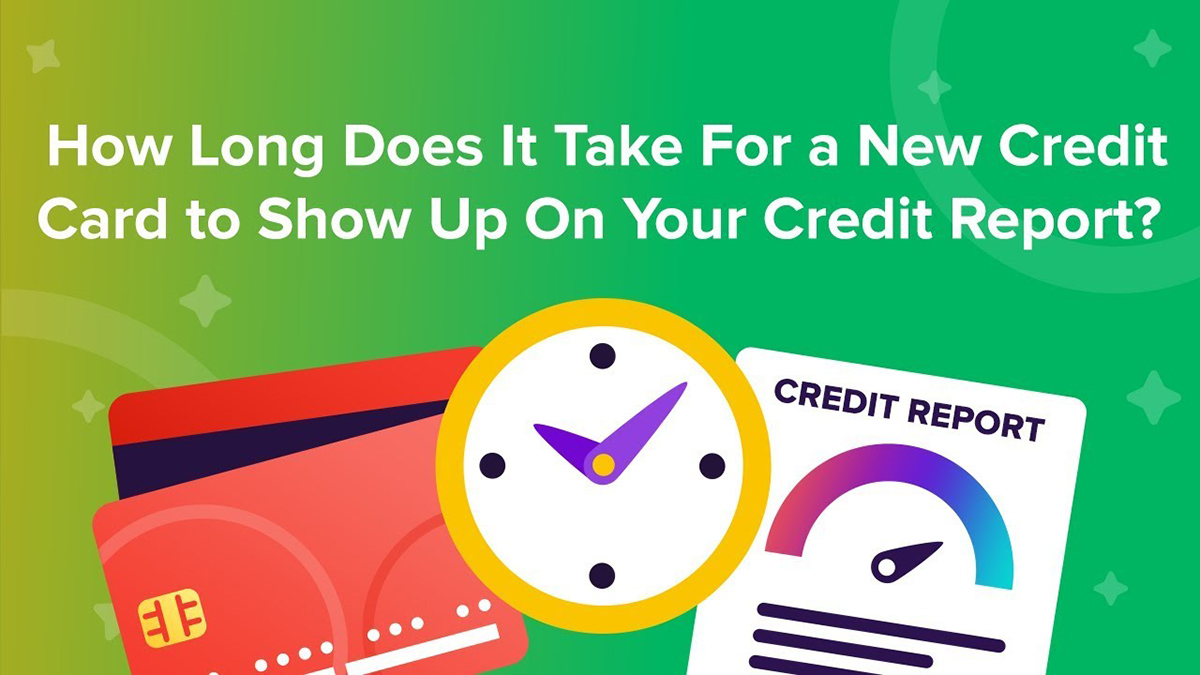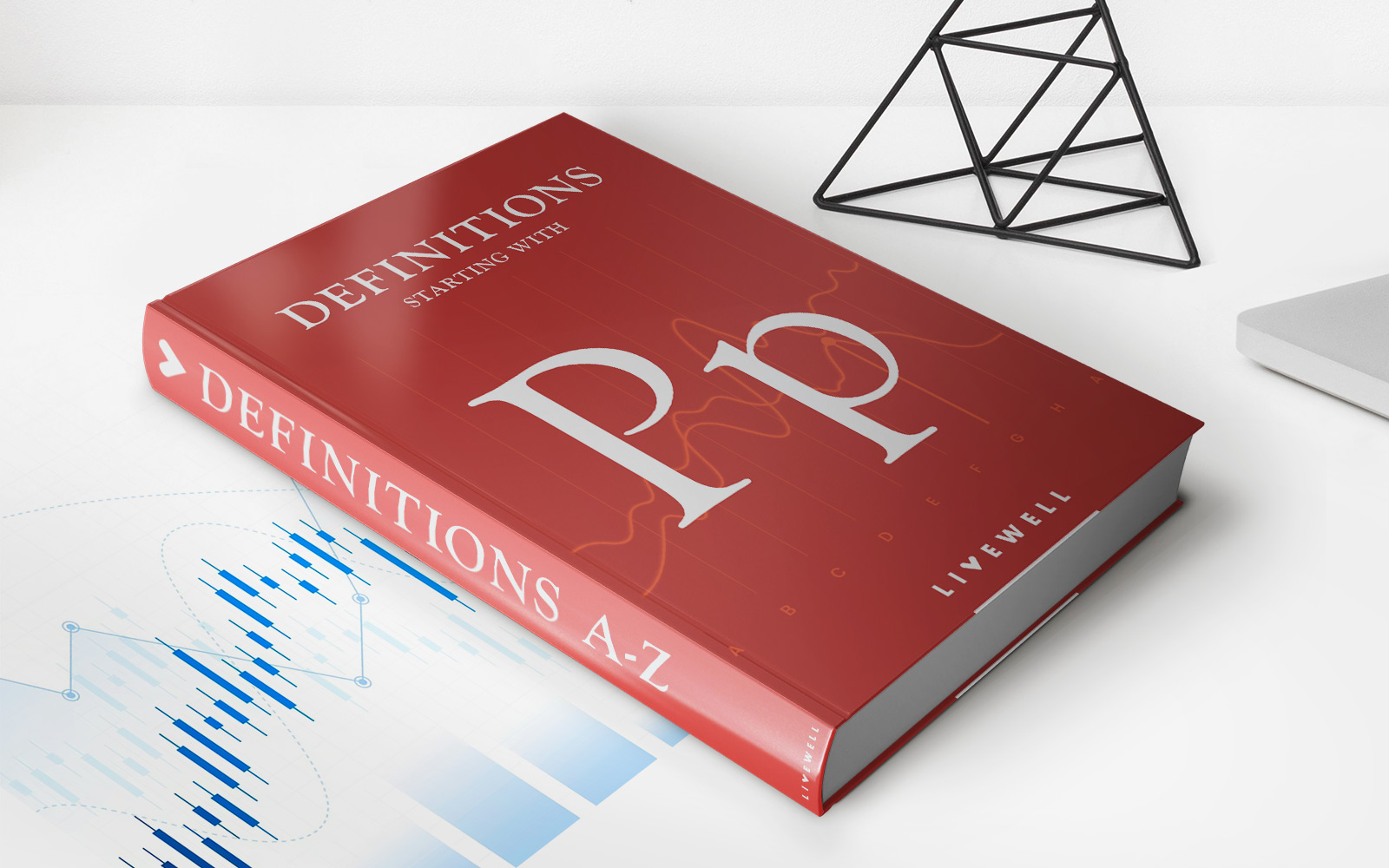Home>Finance>Why Is It A Bad Idea To Set Up An Automatic Minimum Payment


Finance
Why Is It A Bad Idea To Set Up An Automatic Minimum Payment
Published: February 27, 2024
Learn why setting up an automatic minimum payment can be detrimental to your finances. Discover the risks and better alternatives. Improve your financial management today!
(Many of the links in this article redirect to a specific reviewed product. Your purchase of these products through affiliate links helps to generate commission for LiveWell, at no extra cost. Learn more)
Table of Contents
Introduction
The Dangers of Automatic Minimum Payments
Welcome to the world of credit cards and the allure of automatic minimum payments. It’s easy to see the appeal of setting up this feature – the convenience of not having to worry about missing a payment and the reassurance that at least the minimum amount is being taken care of each month. However, what seems like a helpful tool at first glance can actually lead to a host of financial pitfalls that can significantly impact your overall financial well-being.
In this article, we’ll delve into the reasons why setting up automatic minimum payments can be a risky move, and why it’s crucial to take a more proactive approach to managing your credit card payments. We’ll explore the detrimental effects of relying solely on minimum payments, the psychological impact it can have on your spending habits, and the importance of actively managing your payments to avoid falling into the debt trap.
By the end of this article, you’ll have a deeper understanding of the potential dangers of automatic minimum payments and the steps you can take to regain control of your financial health.
The Problem with Automatic Minimum Payments
While automatic minimum payments may seem like a convenient way to stay on top of your credit card bills, they can lull you into a false sense of security. One of the primary issues with this approach is that it encourages a passive mindset towards debt repayment. By allowing the minimum payment to be deducted automatically each month, you may overlook the larger outstanding balance and the accumulating interest, leading to a perpetual cycle of debt.
Moreover, automatic minimum payments can mask the true extent of your debt burden. Instead of actively monitoring and addressing the total amount owed, you may become complacent, assuming that the minimum payment is sufficient to keep your finances in check. This can result in a gradual increase in debt as interest continues to accrue on the remaining balance, ultimately leading to a more significant financial strain in the long run.
Another critical issue with automatic minimum payments is that they can foster a sense of detachment from your financial responsibilities. By relinquishing control over the payment process, you may lose sight of the impact of high-interest debt on your overall financial health. This detachment can create a dangerous disconnect, where you’re no longer actively engaged in managing and reducing your debt load.
Ultimately, relying solely on automatic minimum payments can lead to a false sense of financial stability while perpetuating a cycle of debt accumulation. It’s essential to recognize the limitations of this approach and take proactive steps to address your debt in a more informed and engaged manner.
The Impact on Debt
Automatic minimum payments can have a significant impact on your overall debt trajectory. By making only the minimum payment each month, you’re essentially prolonging the repayment period and allowing interest to compound on the remaining balance. This can result in a substantial increase in the total amount repaid over time, as a significant portion of your payments goes towards interest rather than reducing the principal balance.
Furthermore, the prolonged nature of debt repayment due to minimum payments can lead to a sense of resignation, where the idea of ever becoming debt-free feels increasingly distant. This can have psychological implications, causing stress and anxiety as the burden of debt continues to loom large without a clear path to resolution.
Moreover, the impact of automatic minimum payments extends beyond the financial realm, affecting your credit score and overall financial well-being. Carrying high levels of debt relative to your available credit, known as credit utilization, can negatively impact your credit score. By consistently making only minimum payments, you may inadvertently signal to creditors that you’re financially stretched, potentially limiting your access to favorable credit terms in the future.
It’s crucial to recognize that the impact of automatic minimum payments extends far beyond the immediate convenience they offer. By understanding the long-term implications on debt accumulation, financial stress, and creditworthiness, you can make more informed decisions about how to manage and ultimately eliminate your debt burden.
The Psychology of Minimum Payments
Understanding the psychological impact of minimum payments is crucial in comprehending their broader implications. Automatic minimum payments can create a false sense of accomplishment, as they fulfill the basic requirement of keeping the account in good standing. This can lead to a deceptive perception of financial responsibility, where meeting the minimum obligation is equated with effective debt management.
Furthermore, the concept of anchoring, a cognitive bias where individuals rely heavily on the first piece of information encountered when making decisions, can come into play with minimum payments. When the minimum payment amount is relatively low compared to the total balance, it can serve as an anchor, shaping your perception of what constitutes an acceptable payment. This can inadvertently diminish the sense of urgency to address the larger debt load, perpetuating the cycle of minimum payments and prolonged debt repayment.
Additionally, the phenomenon of mental accounting can influence your approach to minimum payments. Mental accounting refers to the tendency to treat money differently based on various subjective criteria, such as the source of the funds or the intended use. When minimum payments are automated, they may be mentally categorized as a fixed expense, leading to a diminished focus on the overall debt burden and its long-term implications.
Recognizing these psychological factors is essential in breaking free from the cycle of minimum payments and actively managing your debt. By understanding how automatic minimum payments can influence your perception of financial responsibility and debt repayment, you can take deliberate steps to shift towards a more proactive and informed approach to managing your finances.
The Importance of Active Payment Management
Shifting from automatic minimum payments to active payment management can yield substantial benefits in regaining control over your finances. By taking a hands-on approach to your debt repayment, you gain a clearer understanding of your financial standing and can implement strategies to expedite the elimination of debt.
One of the key advantages of active payment management is the ability to allocate larger payments towards reducing the principal balance. By consciously directing more significant amounts towards debt repayment, you can expedite the reduction of interest charges and shorten the overall repayment period. This proactive approach empowers you to make tangible progress towards becoming debt-free.
Moreover, actively managing your payments fosters a heightened awareness of your financial situation. Instead of passively observing the minimum payment being deducted each month, you actively engage with your debt, gaining a realistic perspective on the total amount owed and the associated interest costs. This awareness can serve as a catalyst for implementing sound financial habits and making informed decisions to tackle your debt effectively.
Active payment management also provides the opportunity to explore debt consolidation or restructuring options. By proactively seeking out favorable interest rates or consolidation plans, you can potentially reduce the overall cost of your debt and streamline your repayment process. This proactive approach allows you to take control of your financial destiny and work towards achieving a debt-free future.
Ultimately, active payment management empowers you to break free from the constraints of minimum payments and actively pursue a path towards financial freedom. By embracing a proactive and engaged approach to debt repayment, you can chart a course towards long-term financial stability and a more secure financial future.
Conclusion
Automatic minimum payments may initially seem like a convenient solution for managing credit card debt, but their long-term implications can significantly impact your financial well-being. By relying solely on minimum payments, you risk perpetuating a cycle of debt accumulation, prolonging the repayment period, and incurring substantial interest charges. Moreover, the psychological impact of minimum payments can create a false sense of financial security, leading to complacency and a diminished sense of urgency in addressing the underlying debt burden.
It’s crucial to recognize the limitations of automatic minimum payments and the potential pitfalls they entail. Instead, embracing active payment management offers a more effective and empowering approach to debt repayment. By taking a hands-on approach, you can allocate larger payments towards reducing the principal balance, gain a heightened awareness of your financial situation, and explore opportunities for debt consolidation or restructuring. This proactive stance enables you to regain control of your finances and work towards a debt-free future.
In conclusion, while the allure of automatic minimum payments may seem appealing, it’s essential to approach debt management with a proactive mindset. By actively engaging with your debt, making informed financial decisions, and implementing strategic repayment strategies, you can pave the way towards long-term financial stability and freedom from the burden of debt. Breaking free from the cycle of minimum payments is a transformative step towards regaining control of your financial destiny and building a more secure and prosperous future.














